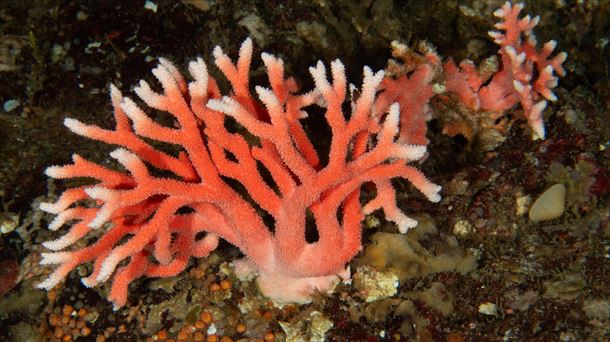The first European biodiversity law has gone ahead with the vote of 20 member states, the abstention of Belgium and the rejection of Finland, Italy, Hungary, the Netherlands, Poland and Sweden. The law seeks to repair at least 20% of degraded ecosystems by 2030 and all of them by 2050.
The European Union definitively approved this Monday the first regulation in its history that obliges Member States to restore natureand not only to protect it, after a tortuous procedure with surprises until the last moment to close a file that almost brought down Hungary and that ended up saving Austria.
The first European biodiversity law has gone ahead with the vote in favor of 20 member statesthe abstention of Belgium and the rejection of Finland, Italy, Hungary, the Netherlands, Poland and Sweden, which have alleged its high spending and its possible impact on the agricultural sector.
The regulation had already been negotiated and agreed between the States themselves, and also with the European Parliament, which approved it last February in a plenary session.
“It is very good news for all Europeans, but for biodiversity as a whole also at a global level,” said the Spanish Minister for the Ecological Transition Teresa Ribera, who added that now “dialogue” and “accompaniment” will be necessaryin addition to “a commitment to the primary sector.”
What is the Nature Restoration Law?
In June 2022, the European Commission presented the Nature Restoration Law to repair at least 20% of degraded ecosystems by 2030 and all of them by mid-century, including farmland.
The objective is to align community legislation with the United Nations agreements on biodiversity, but the text has become a symbol of ideological battle around the green agenda, gaining intensity as the European elections of June 9 approached.
Reactions
The adoption of the law has been widely celebrated among supporters of the Brussels Green Dealas has been the case of the president of the Green group in the European Parliament, Terry Reintke, who has valued the “end of the blockade” of a regulation that she considers “crucial” for the EU to achieve the Paris climate goal.
Also the NGO Greenpeace has celebrated the news “despite the weakening of the law”, considering that “this agreement offers a ray of hope for the nature of Europe, future generations and the livelihoods of rural communities.”
Source: Eitb
I am Michael Melvin, an experienced news writer with a passion for uncovering stories and bringing them to the public. I have been working in the news industry for over five years now, and my work has been published on multiple websites. As an author at 24 News Reporters, I cover world section of current events stories that are both informative and captivating to read.

